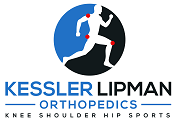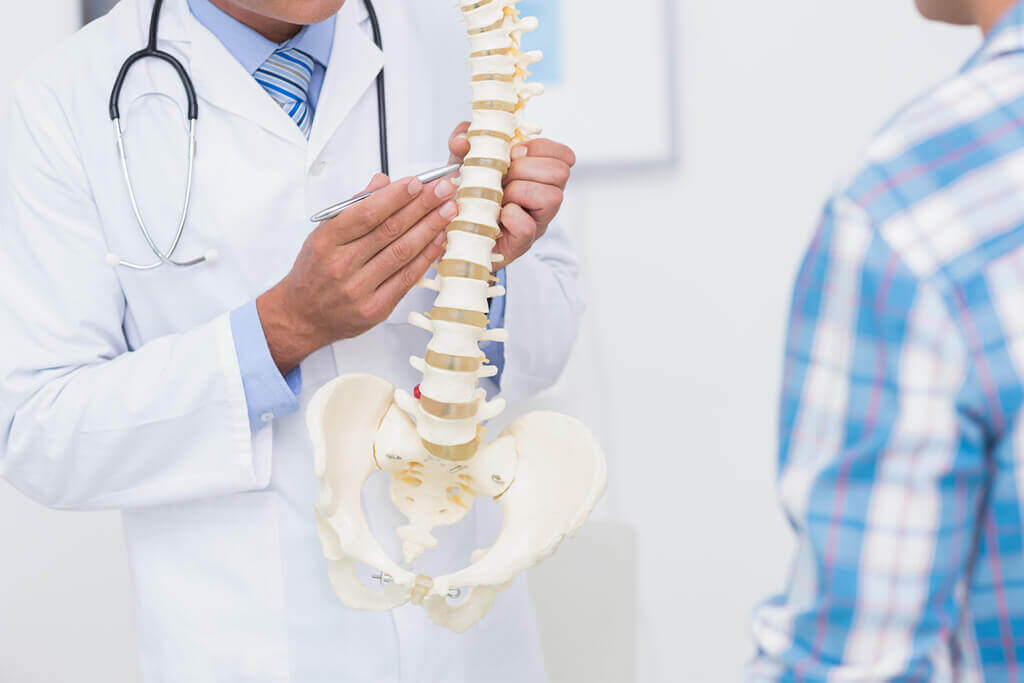Zenker's Diverticulum
Introduction
Anatomy
Causes
The exact cause of Zenker’s diverticulum is unknown. It appears that the condition results from excessive pressure on a weak spot of the pharynx wall that causes it to balloon out and form a pouch (diverticulum). The pouch may be as large as a few centimeters.
Symptoms
Zenker’s diverticulum may or may not cause symptoms. It may be difficult to swallow if food has collected in the pouch. You may feel like you have a lump in your throat, but pain does not usually occur. You may experience coughing, choking, or spitting up food, especially when you lie down. Additionally, Zenker’s diverticulum can cause bad breath.Diagnosis
Treatment
Am I at Risk
Zenker’s diverticulum most frequently develops in adults over the age of 50. Because a specific cause has not been identified, specific risk factors are not known at this time.Complications
People with Zenker’s diverticulum may experience problems swallowing pills. The pills may become lodged in the pouch instead of moving onto the stomach for absorption.
Copyright © - iHealthSpot Interactive - www.iHealthSpot.com
This information is intended for educational and informational purposes only. It should not be used in place of an individual consultation or examination or replace the advice of your health care professional and should not be relied upon to determine diagnosis or course of treatment.
The iHealthSpot patient education library was written collaboratively by the iHealthSpot editorial team which includes Senior Medical Authors Dr. Mary Car-Blanchard, OTD/OTR/L and Valerie K. Clark, and the following editorial advisors: Steve Meadows, MD, Ernie F. Soto, DDS, Ronald J. Glatzer, MD, Jonathan Rosenberg, MD, Christopher M. Nolte, MD, David Applebaum, MD, Jonathan M. Tarrash, MD, and Paula Soto, RN/BSN. This content complies with the HONcode standard for trustworthy health information. The library commenced development on September 1, 2005 with the latest update/addition on February 16, 2022. For information on iHealthSpot’s other services including medical website design, visit www.iHealthSpot.com.


